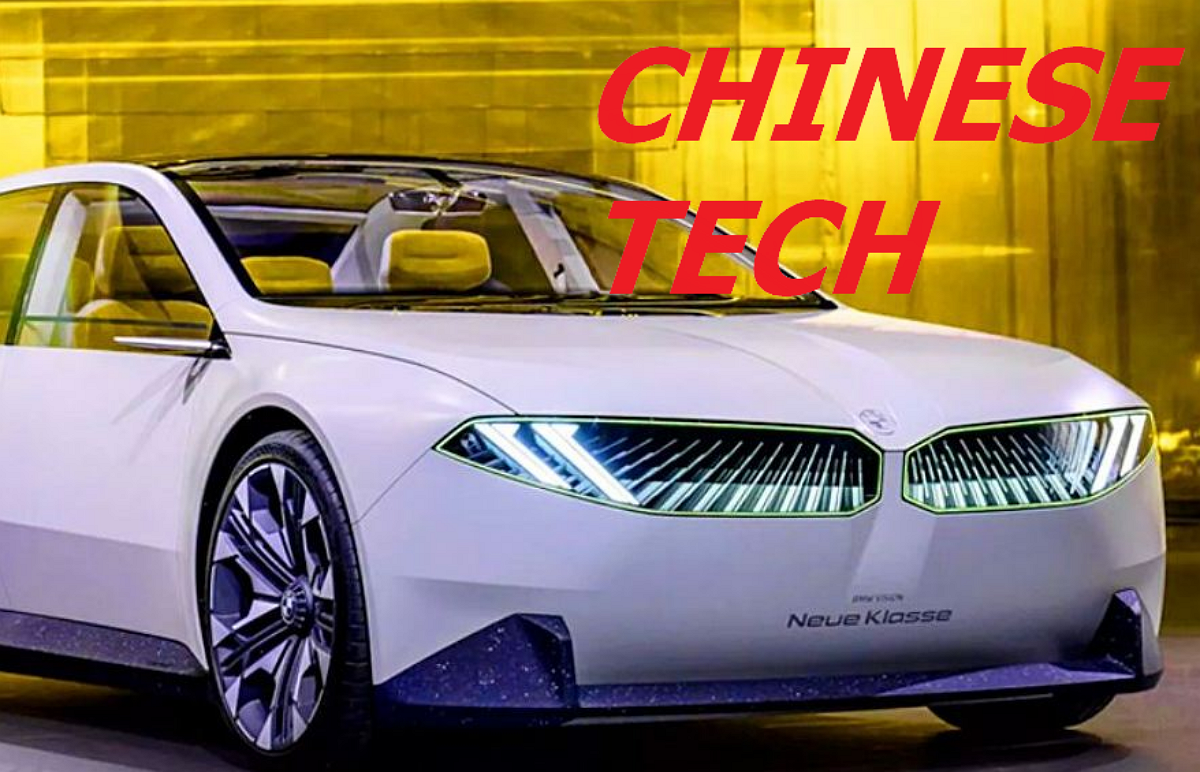

BMW is making waves in the automotive industry with a decision that some say compromises its longstanding premium image. BMW adopted a strategy that moves beyond traditional localization to focus on comprehensive technological integration to expand its market share in China. Starting in 2026, BMW vehicles in China will feature Alibaba’s generative AI, Qwen, making BMW the first global brand to integrate Chinese-made generative AI into its vehicle systems.
The decision comes in response to the growing influence of Chinese EV brands, like BYD, Xiaomi, and Huawei, which are increasingly challenging the market position of global premium brands. Last year, BMW experienced a 13.4% sales decline in China, leading the company to conclude that recovery with traditional approaches was no longer feasible. As a result, BMW has identified the Qwen-based AI platform as a key component of its survival strategy and is accelerating its digital transformation.


BMW’s AI Revolution: Qwen Integration
Harnessing Alibaba’s Artificial Intelligence
BMW’s decision to partner with Alibaba for AI technology led to the integration of Alibaba’s generative AI, Qwen, into its vehicles. Qwen is an intelligent digital assistant system based on generative AI, featuring two independent agents: Car Genius and Travel Companion. These agents can monitor the vehicle’s condition, recommend destinations, and even plan trips, offering a level of functionality far beyond traditional voice command systems.
This model is designed to align with BMW’s shift toward electrification, aiming to capture the EV market. The system will be fully tailored to reflect China’s local language, culture, and app ecosystems. BMW is also working on a technology partnership with Banma to revamp its existing intelligent assistant into a more localized AI.
Previously, Qwen was only used in Chinese brands like Zeekr and Leap Motor. However, with this collaboration, Chinese AI technology will now be integrated into a premium European car, marking a significant achievement. Industry experts noted that this could signal a shift in technological leadership from Europe to Asia, with local optimization now firmly established as a key marketing strategy.


AI Over Luxury Materials?
Redefining Premium in the Digital Age
For decades, BMW has built its reputation on superior materials, precise engineering, and dynamic driving experiences. However, the shift to EVs is changing what consumers value in a luxury car. User experience and digital services are becoming increasingly important, and BMW is pivoting to meet these new expectations. The integration of Qwen AI represents a symbolic turning point in how the company defines premium automotive experiences.
The collaboration with Alibaba is a strategic move to better understand and cater to Chinese consumers’ lifestyles. These customers expect their vehicles to offer seamless integration with shopping, payment, and entertainment services—areas where traditional German automakers have struggled. By partnering with a leading tech company, BMW aims to close this gap and deliver a localized luxury experience.
This strategic shift raises questions about how the definition of premium automobiles is evolving. By incorporating Qwen, BMW is adapting to the new era and attempting to set a new model for the future of luxury cars. The success of this strategy, and whether it leads to a recovery in sales, is now a key point of interest..
























